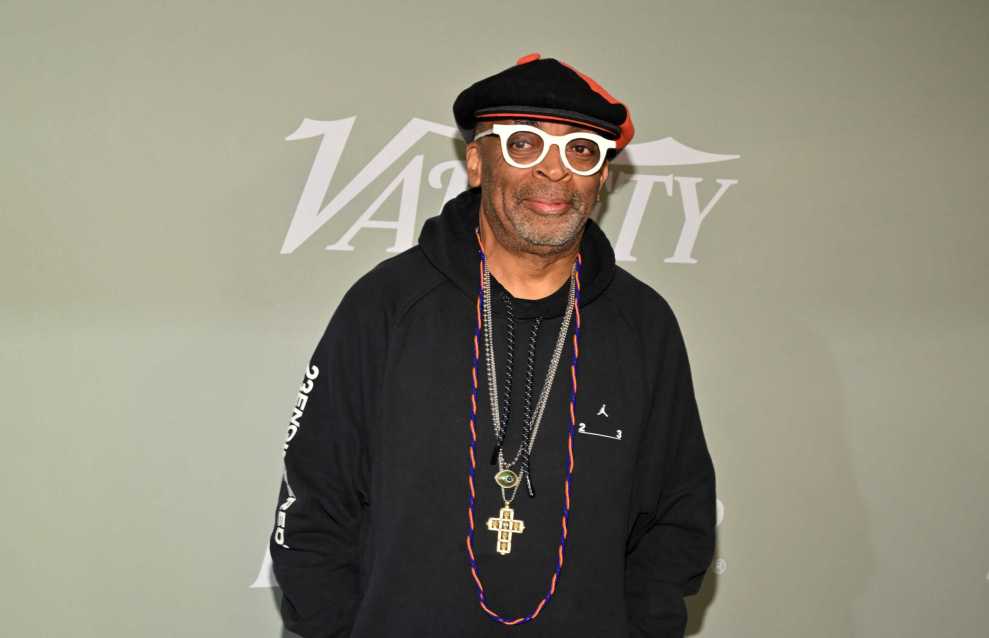Spike Lee’s He Got Game (1998) endures as a cinematic landmark that examines the collision of ambition, family, and Black identity through the lens of basketball.
Starring Denzel Washington and NBA star Ray Allen, the film resonated not only for its powerful themes but also for its seamless integration of sport and narrative. At its core is Jesus Shuttlesworth, a high school phenom navigating the predatory world of college recruitment while reckoning with a strained relationship with his estranged father.
Though Allen’s understated performance has since become iconic, Spike Lee recently revealed on The Jim Jackson Show that Ray Allen was not his first choice. Initially, the legendary director envisioned two other NBA titans for the role: Allen Iverson and Kobe Bryant.
The revelation has ignited fervent debate among film and sports enthusiasts alike. Imagining Iverson or Bryant in the role invites a compelling re-examination of how their real-life personas might have shaped the film’s tone. Lee’s first call was to Iverson, then a rising force in the NBA and cultural trailblazer.
Known for his unapologetic style, Iverson epitomized the raw energy Lee sought in Jesus. His authenticity and rebellious charisma aligned with the character’s emotional terrain. Yet, Iverson’s lack of acting experience—and his full commitment to basketball—ultimately made the opportunity unfeasible.
Kobe Bryant, another standout in Lee’s early casting vision, offered a stark contrast. Focused, polished, and already emerging as a generational talent, Bryant exuded poise even in his teenage years.
His maturity and understanding of fame’s pressures made him a promising candidate. Spike Lee admired Bryant’s gravitas and saw in him the potential to channel Jesus with stoic intensity. However, Bryant, like Iverson, prioritized his burgeoning NBA career and passed on the role.
With those options off the table, Spike Lee turned to Ray Allen, then a young guard gaining traction in the league. Though untested as an actor, Allen brought a quiet strength that would define the character.
His portrayal was shaped not only by his on-court finesse but by his willingness to surrender to the emotional weight of the role. Allen captured Jesus’ internal conflict—the pull of fame, the ache of fatherhood, the isolation of choice—with a subtlety that neither Iverson nor Bryant may have achieved.
Much of the film’s emotional impact rests on the chemistry between Allen and Washington. Their scenes—fraught with unspoken grief, tension, and longing—give He Got Game its soul.
Washington, in a commanding turn as Jake Shuttlesworth, draws out Allen’s vulnerability, allowing their fractured bond to unfold with brutal honesty. It’s this father-son dynamic that anchors the film beyond its sports narrative.
Spike Lee’s revelation reframes the legacy of He Got Game not as a story of missed casting but as a meditation on fate. Iverson and Bryant would go on to shape basketball culture in indelible ways.
Yet Allen Iverson, in stepping into a role designed for others, delivered a performance that transcended expectations. His work as Jesus Shuttlesworth remains one of the rare instances where an athlete stepped into cinema and made it feel like home.

